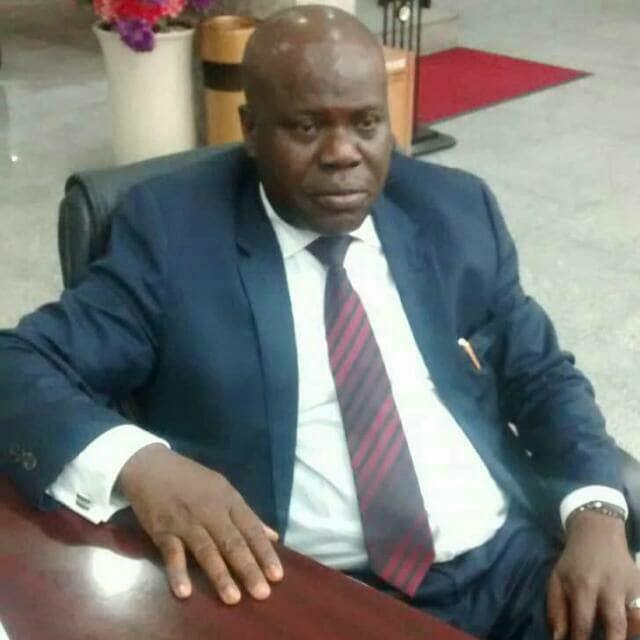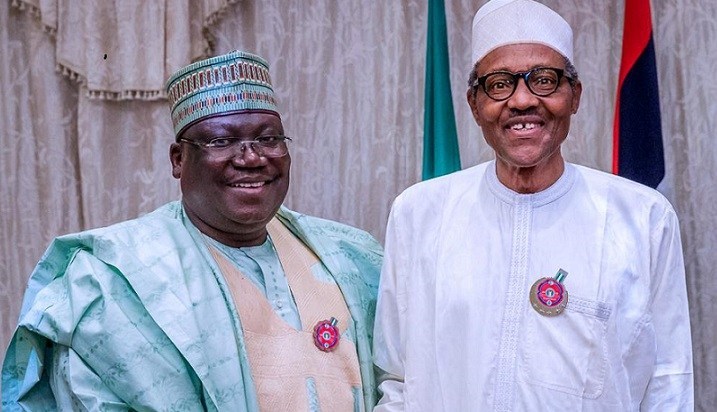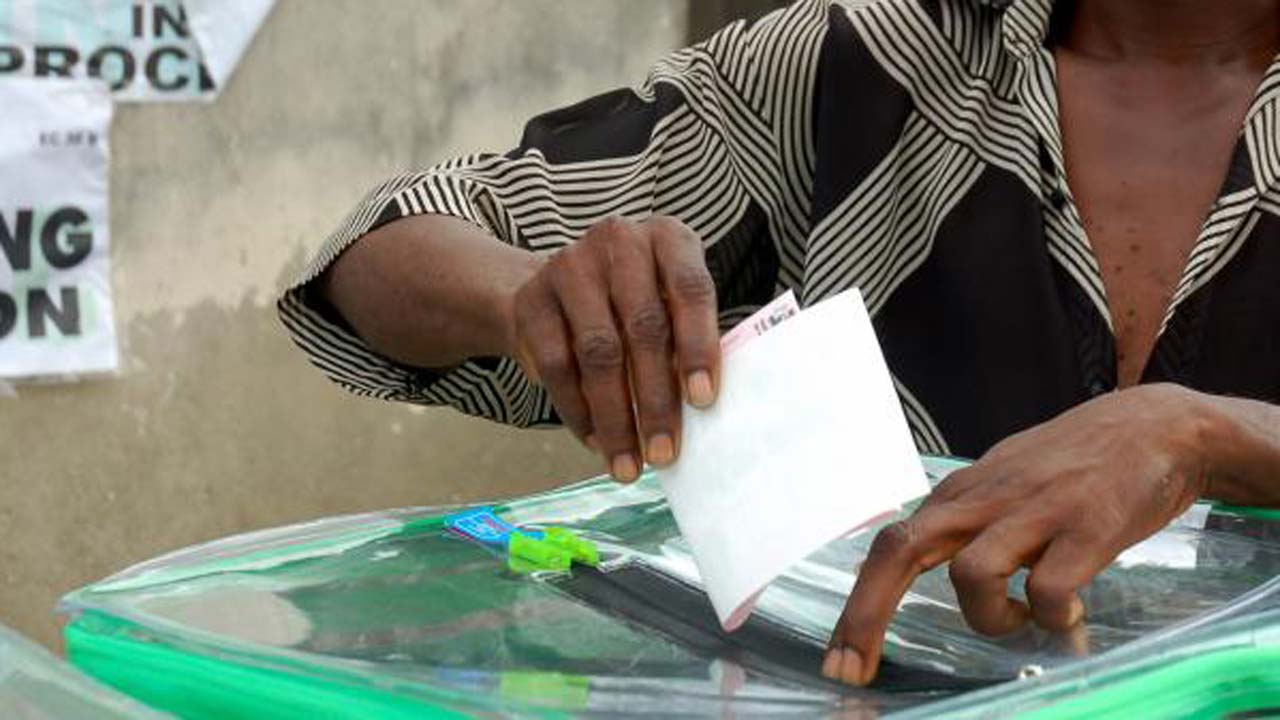Business
Subsidy regime: Productive and consuming nations
Published
4 years agoon
By
Publisher
By Richard Odusanya
“If Africa wants to be a manufacturing giant, it needs to do away with borders.” This was the view of Kenyan president, Uhuru Kenyatta on Tuesday afternoon while on a state visit to South Africa.
“These borders were not made for us. If we are going to be manufacturing giants, we need to do away with these borders”, said Kenyatta, addressing the SA-Kenya business forum in South Africa.
Interestingly, the roles of productive and technology-driven economy in sub-saharan Africa cannot be overemphasized. President Uhuru Kenyatta’s perspective and postulations must have been a product of deep thinking and adequate research based on facts and figures. This is without prejudice to other established facts about the nations of Africa for the purpose of a united front.
It is important to note that the problems confronting us as a continent and nations of Africa is similar to each other. Therefore, it is not out of place to adopt the prayers of President Uhuru Kenyatta’s perspective on the issue of manufacturing giant. This is the right time to liberate ourselves from the self imposed slavery to the imperialist agenda for which we are paying so much for as a result of our ignorance.
Imagine Nigeria for example; borrowing money from all corners like a no-man’s-land. Think about a nation with so much resources and yet unable to manage her surplus of both natural and human resources, think about Nigeria. How do you explain an oil producing nation like Nigeria turned to importers of the same product through a fraudulent subsidy regime; thereby, shortchanging the citizens?
The case of nigeria and fuel importation giving rise to subsidy is similar to: A coconut farmer who harvests coconut, sells the whole coconut fruit to buyers and then buys coconut water from the coconut buyer simply because he lacks cutlass to break the coconut to extract the water. How pathetic!
Suffice to say that we have a government of a few privileged people for themselves, with no conscience. P.O.C Umeh rightly called them ‘Ambassadors of Poverty’ in his insightful poem. Indeed, this explains the fuss about the unending removal of subsidy that they themselves refer to as a grand fraud.
Nigerians should be reminded that on April 14, 2015, Maj. Gen. Muhammadu Buhari’s ally and former Minister of Petroleum and Energy, Prof. Tam David-West, told Nigerians that Gen. Muhammadu Buhari (who was then President-elect), will reduce the fuel pump price from N87 to N40 per litre. Mr. President didn’t negate this statement made by his friend and major supporter.
Also, when former President Dr Goodluck Jonathan reduced the petrol pump price from N97 to N87 per litre in January 2015, former Lagos State Governor who is the current Minister of Works, Power and Housing, Mr Babatunde Fashola said N10 reduction of the petrol pump price was too low and that Nigerians will get a better deal under Muhammadu Buhari. Fashola tweeted on January 18, 2015; “On PMS price reduction by N10. Now they listen. Oil the raw material drop over 50%, N10 is just about 10%. Good try but Nigerians can get a better deal.”
Today, we are talking about fuel subsidy removal. One thing is clear, removal of subsidy would automatically increase the cost of goods and services. Those who depend on stagnant salary will feel the sting. Crime and death rate will be unimaginable. This government made Nigerians believe that removing subsidy would create more poverty and problems in 2014. They were given power by the people and they institutionalized poverty.
government is just creating more and more opportunities to loot.
It is no gainsaying that leadership is a reflection of the virtues and vices of the larger society. In other words, we (Africans) consistently produce criminals as leaders because the society is enmeshed in crime. A mango tree cannot produce oranges. In an environment of lies, the truth is a stranger. Corruption lives in our society! Why do students pay lecturers to pass examinations? Why do most Nigerians working in government offices inflate contracts sums? These and more are sombre questions. Consequently, our leaders are just like us and we will still be in this mess for a long time if we continue to hold on to these 10 vices which are development inhibitors.
[1] Nigerians are too passionate about their religious faiths. An overwhelming number of Nigerians are more interested in going to heaven than making their country a better place. Indeed, many would burn Nigeria down to the ground just because they believe it will facilitate them going to heaven.
[2] Nigerians are too closely attached to their ethnic groups and traditional rulers. I subscribe to the view of Samora Machel when he said: “For the nation to grow, the tribe must die.” It’s sad that we clothe everything with tribal or religious sentiments, all the time to our detriment.
[3] Nigerians love entertainment and merriment to an obscene level. We invest money in parties that should be contributed to cooperative societies to create jobs.
[4] Nigerians hate being called just plain Mr or Ms. No other people in the world love amassing titles like us. Nigerians spend all our hard earned money on titles and awards that have no contribution to economic growth.
[5] Our misguided orientation has led us to believe that the amount of material wealth one has is a measure of one’s worth.
[6] We Nigerians believe that public transport is for the poor and lazy. Gustavo Petro once said: “A developed country is not a place where the poor have cars. It’s where the rich use public transportation.”
[7] Erroneously, Nigerians believe that their federal government has the capacity to solve all of society’s socio-economic woes. We think responsibility is for the leaders only!
[8] Probably most destructive of all is the fact that we love high-end products, yet produce none of these goods ourselves. As a people, we are shamelessly happy to import all our consumer goods. In contrast, in South Korea, their national slogan is: “Anything we don’t produce, we don’t need.”
[9] We are embarrassingly sycophantic. Decades of living under military rule has engrained the oga-at-the-top mentality into our psyche. Our top-to-bottom mentality makes it impossible for an average Nigerian to refuse to obey unreasonable orders from people in positions of authority.
[10] Nigerians appreciate the value of education. However, this means they disrespect people who did not go to university irrespective of what skills they possess.
[11] Nigerians want a better Nigeria and good governance but too many of them believe politics is for a certain group of people and until all nigerians decide to start asking questions from the local government chairmen to the President, Nigeria will remain where we were.
It goes to say that we simply cannot build a global super power when the population thinks in the aforementioned way(s). A higher level of thinking is required if the giant of Africa must rise again. Currently, Nigeria is an horror show. Issues mounting everyday and no solution in sight. For everywhere we look, there is work to be done. Can we ever have a complete overhaul of our current political state followed with inauguration of reasonable and insightful Leaders?
If we must become a productive nation and a force to reckon with in the comity of nations, we must do away with our consumerist tendencies and squandermaniac mindset.The change we desire starts with a change in our thinking. It all boils down to a restructuring of the mind above all else. Until we educate ourselves and, we will suffer the consequences of their bad choices together. Dreams don’t bring about change, action propels change.

Mr. Richard Odusanya
NIGERIA NEEDS A NEW NATIONAL MODEL… ARISE ‘O COMPATRIOTS.
- Richard Odusanya is a Social Reform Crusader and the convener of AFRICA COVENANT RESCUE INITIATIVE ACRI
You may like
Trending

 Entertainment5 days ago
Entertainment5 days agoSimi addresses resurfaced 2012 tweets amid online backlash

 Health1 week ago
Health1 week agoSCFN, LUTH introduce bone marrow transplants as curative treatment for sickle cell

 Health4 days ago
Health4 days agoDeclassified CIA memo explored concealing mind-control drugs in vaccines

 Football1 week ago
Football1 week agoHarry Kane nets brace as Bayern edge Frankfurt 3–2 to go nine points clear

 Football1 week ago
Football1 week agoLate Flemming header stuns Chelsea as Burnley snatch 1–1 draw at Stamford Bridge

 Crime4 days ago
Crime4 days agoSenior police officers faces retirement after Disu’s appointment as acting IGP

 Education6 days ago
Education6 days agoPeter Obi urges JAMB to address registration challenges ahead of exams

 Crime1 week ago
Crime1 week agoTwo killed, seven injured in early-morning shooting in Richmond’s Shockoe Bottom




